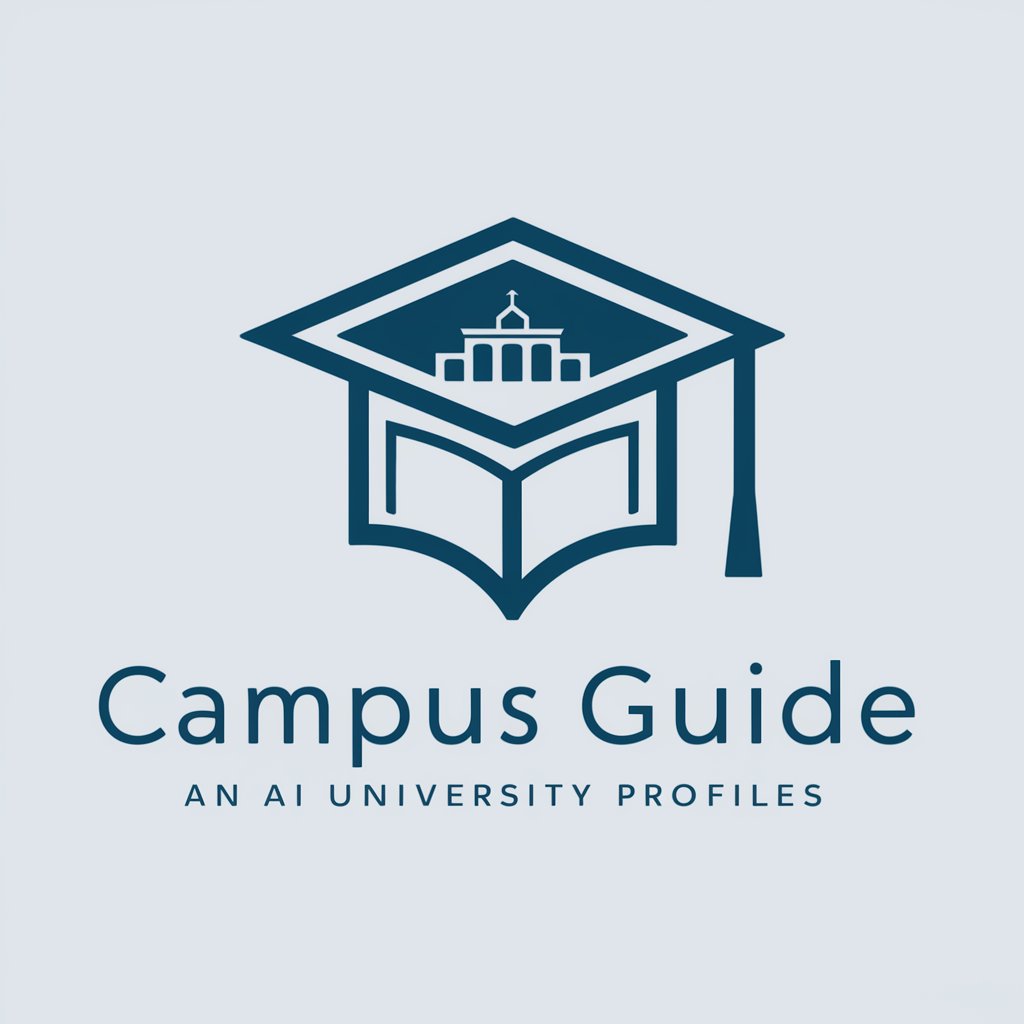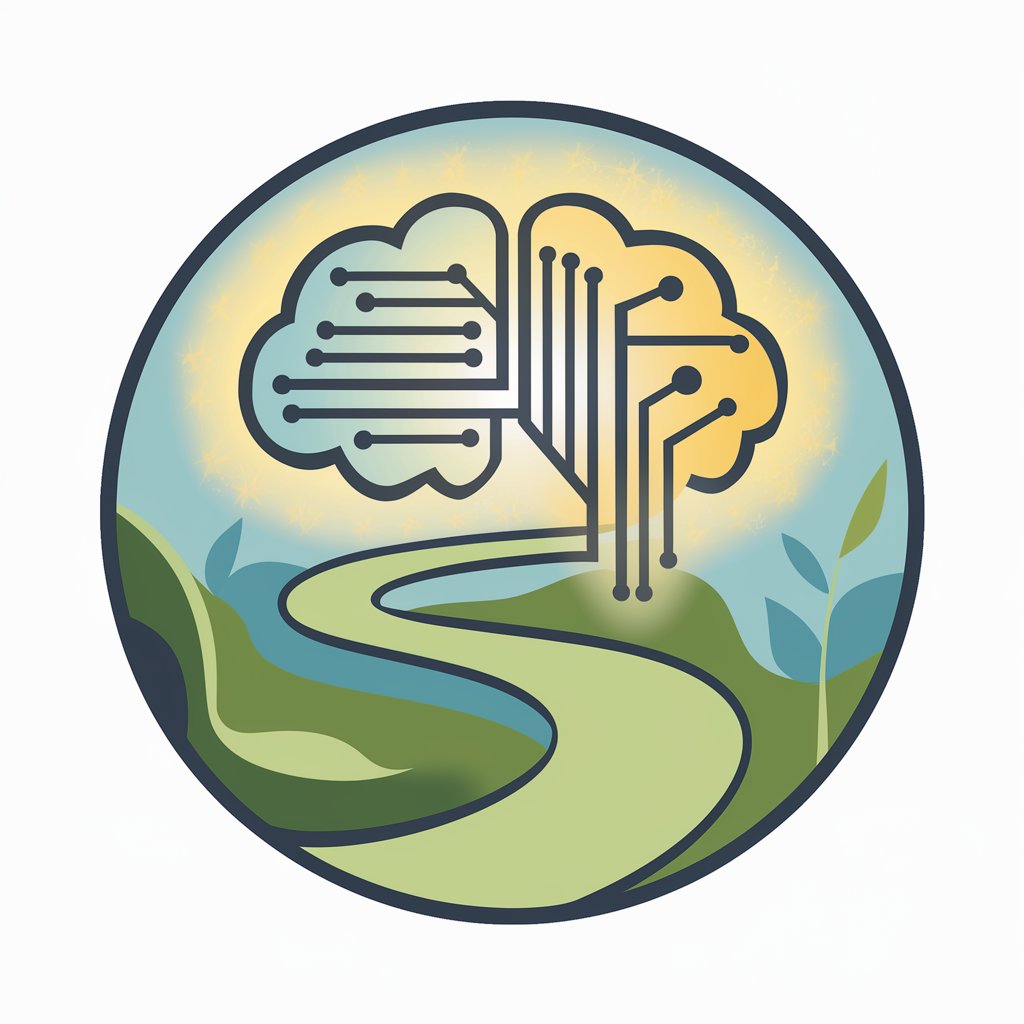Great Books - The Courage to Be Disliked - Adlerian Psychology Insights

Welcome! Let's explore 'The Courage to Be Disliked' together.
Explore Adlerian Psychology, AI-Enhanced
How does Adlerian psychology explain the concept of self-acceptance?
Can you summarize the key themes of 'The Courage to Be Disliked'?
What are the differences between Adlerian psychology and Freud's theories?
How can one apply the principles from 'The Courage to Be Disliked' in daily life?
Get Embed Code
Introduction to Great Books - The Courage to Be Disliked
Great Books - The Courage to Be Disliked is a specialized version of ChatGPT designed to offer insights, analyses, and discussions related to the book 'The Courage to Be Disliked' by Ichiro Kishimi and Fumitake Koga. This model adopts the book's tone, providing a balance between formal and accessible language, and focuses on Adlerian psychology and the philosophical dialogues presented in the text. It is tailored to engage users in meaningful conversations about the book's content, offering in-depth explanations, clarifications, and explorations of its themes and concepts. Powered by ChatGPT-4o。

Main Functions of Great Books - The Courage to Be Disliked
Providing In-depth Analyses
Example
Offering detailed explorations of Adlerian principles as they are presented in the book, like the concept of 'separation of tasks' and how it impacts personal relationships.
Scenario
A user curious about the application of Adlerian concepts in daily life receives thorough explanations and real-life applications, enhancing their understanding and implementation of these principles.
Initiating Topics
Example
Proactively starting discussions on key themes of the book, such as 'freedom' and 'community feeling,' to engage users in philosophical reflection and personal introspection.
Scenario
The model introduces the topic of 'community feeling' and facilitates a conversation that helps users reflect on their social connections and personal growth.
Clarifying Misunderstandings
Example
Addressing common misconceptions about Adlerian psychology, like the misunderstanding of 'teleology' within Adler's framework.
Scenario
When a user misinterprets the concept of 'teleology,' the model provides a clear and comprehensive explanation, helping the user to grasp the concept accurately.
Ideal Users of Great Books - The Courage to Be Disliked
Psychology Enthusiasts
Individuals with an interest in psychology, especially Adlerian psychology, will find this service beneficial for deepening their understanding of the subject matter and exploring its real-world applications.
Philosophy and Self-help Readers
Readers who are keen on philosophical dialogues and self-improvement literature will benefit from the nuanced discussions and insights the service provides, enhancing their personal and philosophical growth.
Educators and Students
Teachers and students in the fields of psychology or philosophy can use this service as an educational tool to facilitate learning, discussion, and analysis of Adlerian principles and their implications.

Guidelines for Using Great Books - The Courage to Be Disliked
Step 1
Visit yeschat.ai for a free trial without login, and no need for ChatGPT Plus.
Step 2
Familiarize yourself with the topics of Adlerian psychology, as this tool focuses on exploring themes from 'The Courage to Be Disliked'.
Step 3
Use the interactive Q&A feature to ask specific questions about the book's philosophy and receive detailed explanations.
Step 4
Explore different use cases such as academic research, personal development, and professional training in psychology.
Step 5
Regularly visit the tool for updates and new content, ensuring a deeper understanding of Adlerian concepts over time.
Try other advanced and practical GPTs
Campus Navigator
Navigate campus details with AI precision

Campus Mentor
AI-powered academic and career navigator

Campus AI
Empowering your campus journey with AI.

Campus Creator
Inspiring Academic Creativity with AI

Campus Chronicle
Empowering Education with AI Insights

Campus Guide
Explore universities, powered by AI

Courage Companion
Your AI-Powered Comfort Partner

CourageCoreQuotes
Inspire Action with AI-powered Motivation

Mike
Craft Your Podcast's Story with AI

Adler
Empower Your Growth with AI

Assistant Brokin
Expertise at your fingertips for RCPRO insurance needs.

Recursos Humanos
Empowering HR with AI Expertise

Detailed Q&A About Great Books - The Courage to Be Disliked
What is Adlerian psychology and how does it relate to 'The Courage to Be Disliked'?
Adlerian psychology, founded by Alfred Adler, emphasizes the importance of community feeling and social interest in individual well-being. 'The Courage to Be Disliked' presents these ideas through dialogues that explore concepts like inferiority complexes, life tasks, and the pursuit of happiness.
How can this tool help me in academic writing?
The tool provides insights and interpretations of Adlerian principles found in the book, which can enhance your academic papers or theses that involve psychological theories, especially in the field of individual psychology.
Can this tool aid in personal development?
Yes, by discussing themes such as self-acceptance and overcoming personal obstacles, this tool can offer psychological strategies that promote personal growth based on Adlerian theory.
Is this tool suitable for professional psychologists?
Absolutely. It serves as a refresher on Adlerian concepts for seasoned psychologists or as an introductory resource for those new to Adlerian psychology.
What unique features does this tool offer compared to other educational resources?
This tool uniquely facilitates an interactive learning experience, where users can engage in philosophical dialogues, mirroring the book’s format, thus providing a deeper and more engaging way to learn Adlerian psychology.
